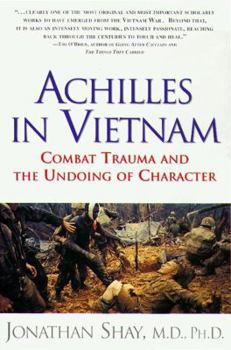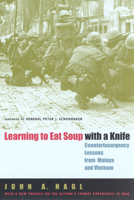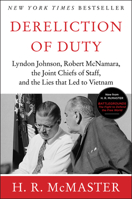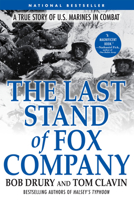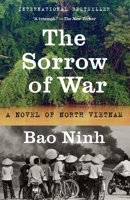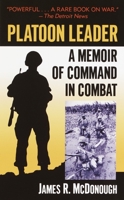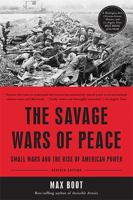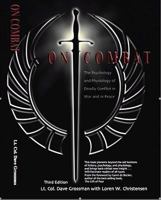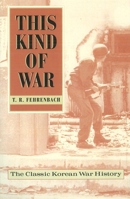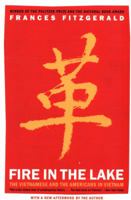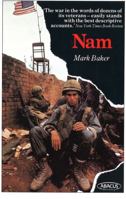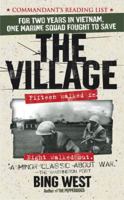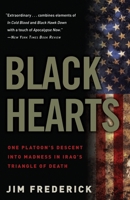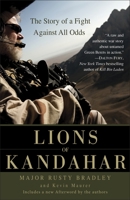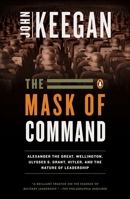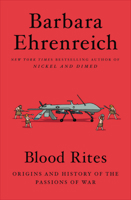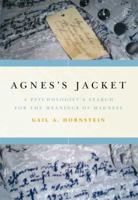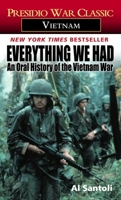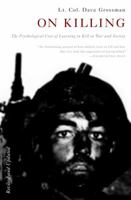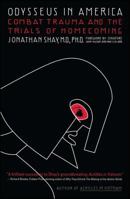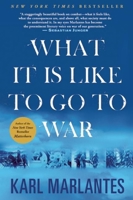Achilles in Vietnam: Combat Trauma and the Undoing of Character
Select Format
Select Condition 
You Might Also Enjoy
Book Overview
Customer Reviews
Rated 5 starsOdysseus cried...
In "Healing and Tragedy" (Chapter 11) Shay says that "Healing is done by survivors, not to survivors" and he is right. He also speaks of the healing power of narrative and says, "The ancient Greeks revered Homer, the singer of tales, as a doctor of the soul. In the Odyssey, Homer paints a (self-)portrait of the epic singer whose healing art is to tell the stories of Troy with the truth that causes the old soldier, Odysseus,...
4Report
Rated 5 starsI thought I had cried enough.
When I read this book I thought I was alone watching my husband die inside every day. By the tenth page of this book, I could not read through the tears. Part relief knowing that I was not alone and saddness knowing far too well that there were too many like my husband and my family. I have read a great deal about the illness but nothing like what Jonathan Shay had put into words. His dedication to our veterans and the...
2Report
Rated 5 starsI realize that, after 33 years, I am not alone in my thought
My emergence from the hidden life that I have inside my mind, and the recent diagnosis of Combat Post Traumatic Stress Disorder, has, after 33 years of isolation, allowed me to understand all the Dr. Shay has written about. I also realize that my feelings and emotions are no different than other veterans and warriors, no matter what war, has felt upon his return. A search for my lost identity, trying to find a place in...
2Report
Rated 5 starsThe Commonality of the Combat Soldier
As a Vietnam combat veteran, I was imbued with the belief that my war was "special," a unique experience in the world's military history. In reading Dr. Shay's book, I had to re-think that thesis and am now struck with the obvious conclusion that all combat, be it with Alexander the Great or Gen. Norman Schwartzkopf, inflicts psychological damage that can last a lifetime. Only geography changes. Realizing that and reading...
2Report











